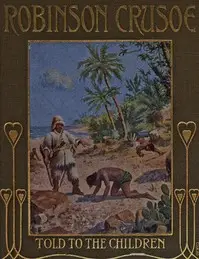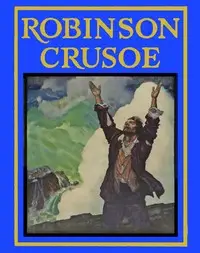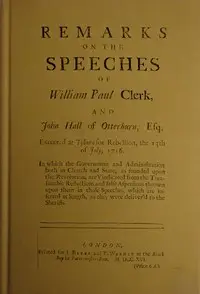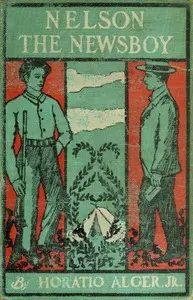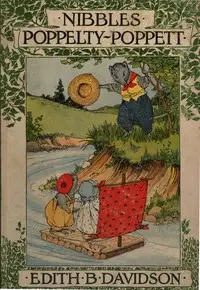"The Life and Most Surprising Adventures of Robinson Crusoe, of York, Mariner" by Daniel Defoe recounts the extraordinary experiences of a young man who abandons his family's expectations to pursue a life at sea, only to find himself the sole survivor of a shipwreck on a deserted island. Driven by themes of resilience and spirituality, the story follows Robinson Crusoe's struggle for existence as he adapts to his isolated environment. The narrative begins by outlining his origins, the reasons behind his choice to become a sailor, and the disastrous event that strands him on the shores of isolation. The beginning gives insight into Crusoe's character and foreshadows his journey of self-reliance and personal growth as he grapples with loneliness and the challenges of building a life completely removed from society.

The Life and Most Surprising Adventures of Robinson Crusoe, of York, Mariner (1801)
By Daniel Defoe
A defiant young sailor's world turns upside down when a fierce storm leaves him shipwrecked alone on a deserted island, where he must fight for survival and discover his inner strength.
Summary
About the AuthorDaniel Defoe was an English novelist, journalist, merchant, pamphleteer and spy. He is most famous for his novel Robinson Crusoe, published in 1719, which is claimed to be second only to the Bible in its number of translations. He has been seen as one of the earliest proponents of the English novel, and helped to popularise the form in Britain with others such as Aphra Behn and Samuel Richardson. Defoe wrote many political tracts, was often in trouble with the authorities, and spent a period in prison. Intellectuals and political leaders paid attention to his fresh ideas and sometimes consulted him.
Daniel Defoe was an English novelist, journalist, merchant, pamphleteer and spy. He is most famous for his novel Robinson Crusoe, published in 1719, which is claimed to be second only to the Bible in its number of translations. He has been seen as one of the earliest proponents of the English novel, and helped to popularise the form in Britain with others such as Aphra Behn and Samuel Richardson. Defoe wrote many political tracts, was often in trouble with the authorities, and spent a period in prison. Intellectuals and political leaders paid attention to his fresh ideas and sometimes consulted him.

